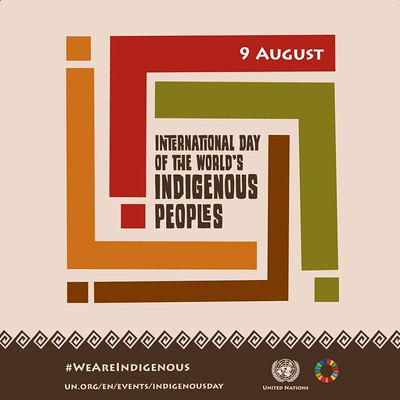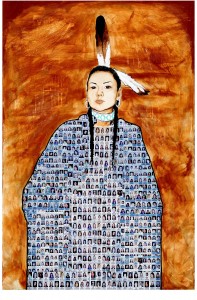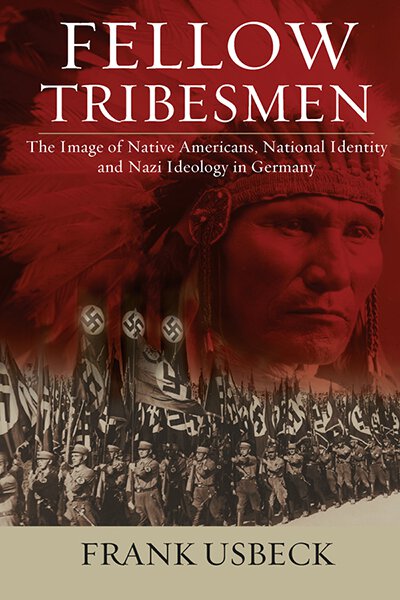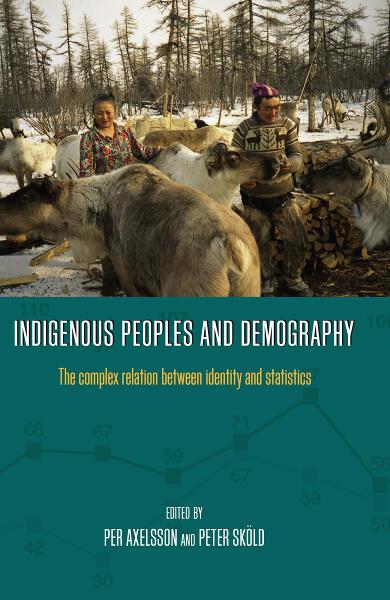The United Nations’ International Day of the World’s Indigenous Peoples is observed on August 9 each year to honor the estimated 370 million indigenous people around the world. The day was established to recognize the first meeting of the United Nations Working Group on Indigenous Populations held in Geneva in 1982.
This year’s theme is “Indigenous youth as agents of change for self-determination,” commemorating the Indigenous youth at the forefront of some of the most pressing crises facing humanity today. For more information, please visit UN.org.
Celebrate Indigenous Peoples’ Day by learning more about indigenous populations from around the world.
Continue reading “Indigenous Peoples’ Day”



